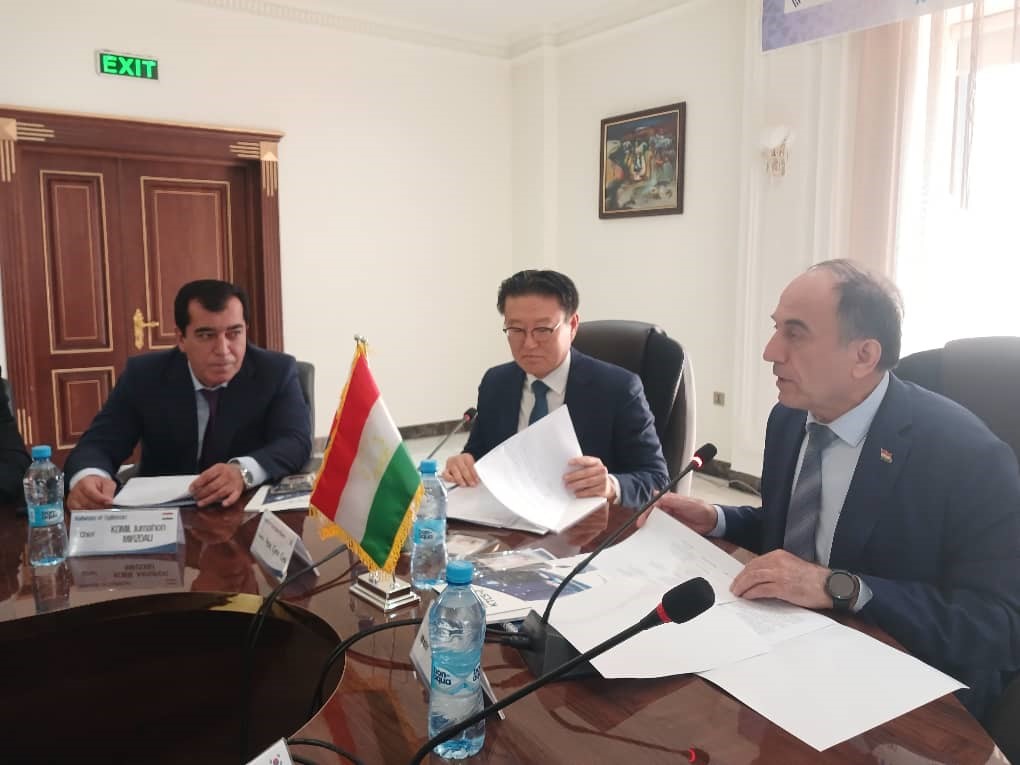On March 14, 2022, an important memorandum was signed between the Ministry of Transport of the Republic of Tajikistan and the Korean National Railways (KNR), which paved the way for studying the possibility of building a metro in the capital of Tajikistan, Dushanbe. According to this document, the preliminary study stage of the project was completed in 2023, after which the pre-professional stage of the feasibility study (FS) of the project, which is being carried out by the Korean company Deahan Consultants Co. Ltd, started in September 2024, the press service of the Ministry of Transport of the Republic of Tajikistan reports.

The Minister of Transport of the Republic of Tajikistan, Azim Ibrohim, emphasized that the project to build a metro in Dushanbe is on the priority list for the country, and active negotiations are currently underway to implement its main stage.
“This project is of strategic importance for the development of the capital’s transport infrastructure, and we see it as one of the key tasks,” the minister noted.
The Tajik side actively cooperates with the Korea Economic Cooperation Development Fund (EDCF) and the Export-Import Bank of Korea (KEXIM), with whom negotiations are underway on financing and implementing the metro construction project. In February 2025, during a visit by representatives of the Korea Eximbank to Tajikistan, the progress of the project was discussed. Representatives of the Korean side expressed interest in implementing the first stage of metro construction, which is planned for the period from 2028 to 2033.
Lee Sung-hae, CEO of Korea National Railways, said KNR is also ready to actively participate in the project, including its further stages. Founded in 2004, KNR is responsible for the management and development of Korea's national railway infrastructure, including the design and construction of high-speed railways.
The Export-Import Bank of Korea (KEXIM), the country's official export credit agency, plays a key role in financially supporting Korea's export economy and cooperates with developing countries, including through major infrastructure projects such as the Dushanbe metro.
In addition, the Korea International Cooperation Agency (KOICA), which has been actively supporting projects aimed at developing infrastructure and providing technical assistance to developing countries since its establishment in 1991, plays an important role in the project.



































